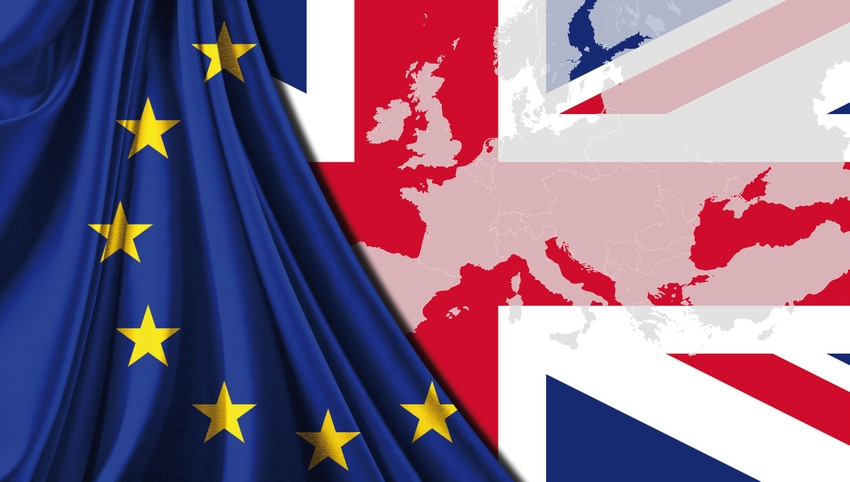A couple of new reports take a look at what effect Britain voting to leave the European Union would have on the telecoms industry.
June 15, 2016

A couple of new reports take a look at what effect Britain voting to leave the European Union would have on the telecoms industry.
The Economist Intelligence Unit has written a report entitled Out and down (from which the above image was taken), mapping the impact on Brexit. The Economist magazine has long made it known it thinks Brexit is a bad idea. “We expect real GDP in the UK to be 6% below our baseline forecast by 2020 if voters elect to leave,” says the report’s introduction. “This economic pain would be coupled with political instability, as significant doubts emerge about government cohesion. The impact will be serious, and prolonged.”
The report then analyses six UK industry segments: financial service, retail, automotive, healthcare, energy and telecoms. It then maps an annual timeline for all six from 2016 to 2020 with the general theme being uncertainty, decline and general gloom.
For telecoms specifically the EIU reckons regulation and roaming charges will be key topics, noting that it’s pretty difficult to calculate how the many treaties, agreements and pan-European regulations will be resolved in the event of Brexit. Having said that, it looks like telecoms might be spared the worst of the apocalypse.
“Ostensibly, the UK telecoms market may not be as affected by a Brexit scenario as other industries, primarily because consumers engage with operators at a national level, while there is little in the way of trade in telecoms products that would have a substantial impact on levels of imports and exports,” says the report.
There is, of course, the Digital Single Market to sort out, but roaming is expected to be the most contentious area post-Brexit. The EU has been successful in pretty much eradicating roaming across its territory and the Economist wonders if Ofcom, etc would look to keep in line with that or bring back good, old roaming charges.
Meanwhile economics and financial consultancy Oxera reckons operators will benefit from Brexit at the expense of consumers. If we remain in the EU Oxera says UK operators will face a loss of up to £500 million a year due to new EU legislation, which they would potentially dodge if we left. Conversely if we decide not to abolish roaming charges the operators will make more due to higher call charges.
“While mobile roaming charges have recently been falling, if the UK chooses to remain in the EU these charges will be scrapped altogether in the next year, saving consumers millions of pounds,” said Felipe Florez-Duncan, Partner at Oxera. “Making calls, downloading data and texting will all become considerably cheaper after 2017 if we remain in the EU.
“However, the impact to UK operators from this will be significant. Therefore it is inevitable that someone is going to end up out of pocket – but the question is will it be UK operators under Remain, or British mobile phone users under Brexit.”
These two reports illustrate the nightmare analysts are having providing meaningful post-Brexit projections. There are so many variables and inter-dependencies that it’s impossible to accurately predict days, let alone years in advance. It seems fair to assume there will be a significant period of macroeconomic and political turmoil, but when the dust settles there’s a good chance that things will have improved more than they declined.
About the Author(s)
You May Also Like








.png?width=300&auto=webp&quality=80&disable=upscale)


_1.jpg?width=300&auto=webp&quality=80&disable=upscale)


.png?width=800&auto=webp&quality=80&disable=upscale)